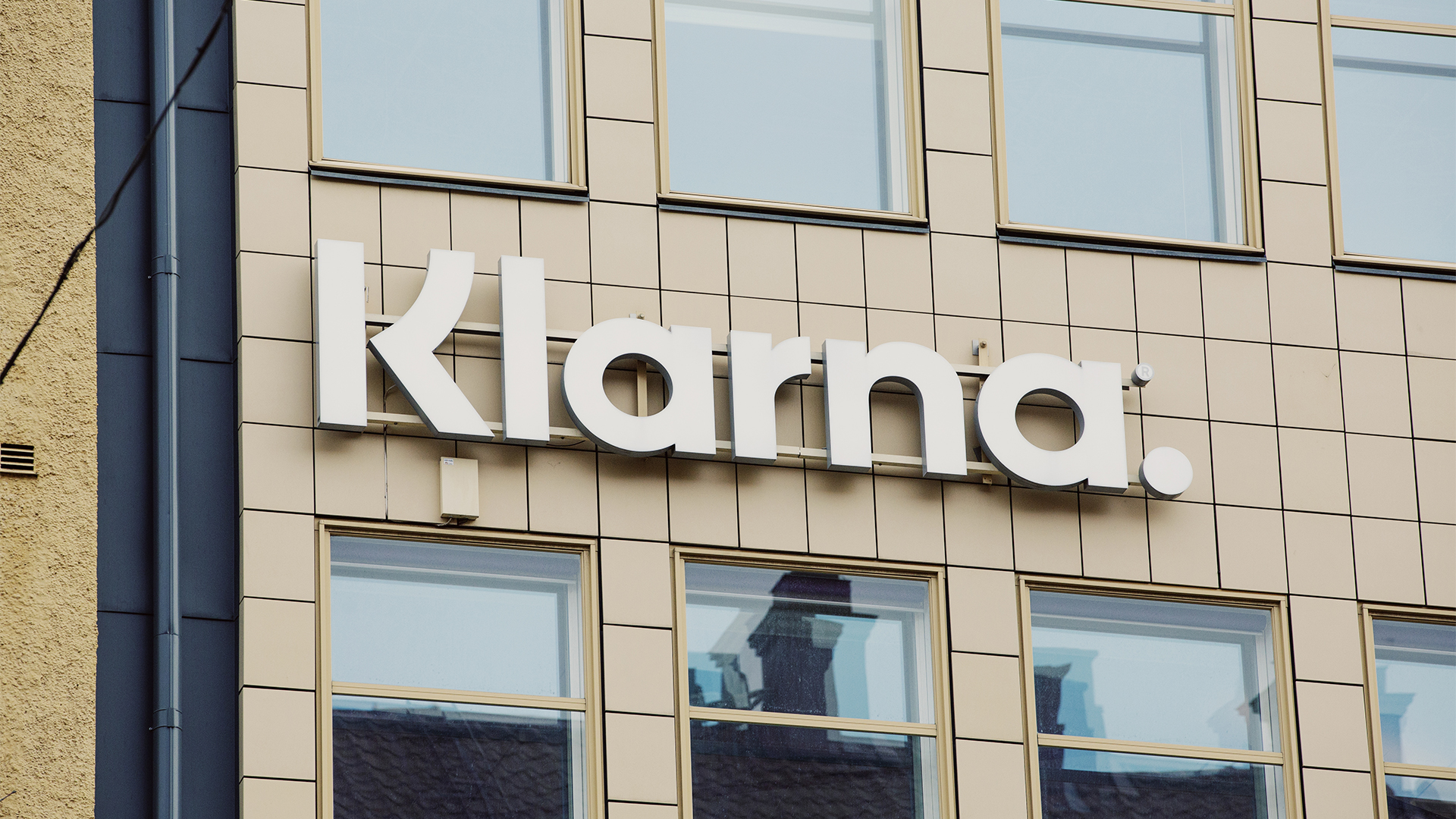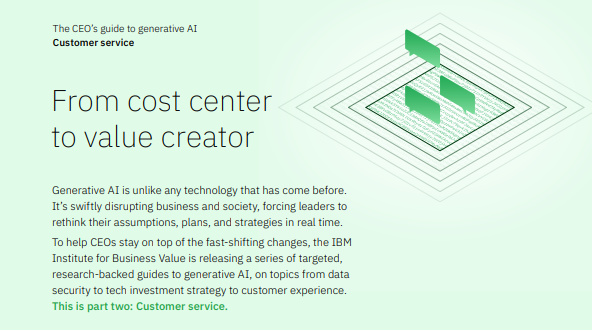Klarna’s AI assistant is doing the work of 700 people — and it paints a bleak picture for the future of work
Klarna CEO Sebastian Siemiatkowski said the success of the company’s AI assistant underscores the “profound impact” the technology will have on society


Klarna’s new generative AI assistant is doing the work of 700 employees just a month after it went live - and it raises serious questions about the potential future impact of AI on the global workforce, according to CEO Sebastian Siemiatkowski.
The buy-now-pay-later fintech firm said the assistant, powered by OpenAI, has had 2.3 million conversations, which account for two-thirds of Klarna’s customer service chats, and is doing the work equivalent to 700 full-time agents.
Siemiatkowski said the success of the AI assistant shows the “profound impact” AI will have on society. But the chief exec warned it does raise serious questions about how the technology could impact workers in the future.
He added that society and politicians will need to consider the deployment and use of AI carefully, adding that a “considerate, informed and steady stewardship” will be critical to navigate through what he described as a “transformation of our societies”.
Providing additional details in a post on X, Siemiatkowski revealed that Klarna’s customer service operations have traditionally been handled by around 3,000 full-time agents, the majority of whom were employed by outsourcing partners.
Those partners employ 200,000 people, so in the short term the arrival of the AI assistant will only mean that those agents will work for other customers of those companies, he said.
RELATED WHITEPAPER
“But in the longer term, as more companies adopt these technologies, we believe society needs to consider the impact," Siemiatkowski commented. "While it may have a positive impact for society as a whole, we need to consider the implications for the individuals affected."
Sign up today and you will receive a free copy of our Future Focus 2025 report - the leading guidance on AI, cybersecurity and other IT challenges as per 700+ senior executives
“We decided to share these statistics to raise awareness and encourage a proactive approach to the topic of AI. For decision makers worldwide to recognize this is not just "in the future", this is happening right now,” he added.
The announcement from Siemiatkowski raised questions over whether AI had a part to play in previous job cuts at the fintech giant. The company cut around 800 staff in a round of layoffs in 2022. Speaking to CBS, however, Siemiatkowski insisted there was no correlation between the recent statistics and the job losses.
Klarna has been an early and enthusiastic adopter of OpenAI’s generative AI technologies. Last year, Siemiatkowski said his daily routine often involves focusing “solely on how AI can help us realize our vision faster”.
What does Klarna’s AI assistant actually do?
Klarna’s AI assistant can handle refunds, returns, payment-related issues, cancellations, disputes, and invoice inaccuracies, and Klarna said new features in the pipeline will be added soon. Customers can still choose to interact with live agents if they’d prefer.
The fintech company said the AI is on a par with human agents when it comes to customer satisfaction scores, and is more accurate in “errand resolution”, leading to a 25% drop in repeat inquiries.
Customers now resolve their errands in less than two minutes compared to 11 mins previously, Klarna said.
The assistant, available in the Klarna app, is able to communicate in more than 35 languages. Klarna said the AI tool will drive a $40 million “profit improvement” for the company in 2024.
Warnings over AI-related job losses have grown in frequency
It’s still early days for AI and it’s not at all clear what the impact on employment will be. Some have argued that employers will use generative AI to make their workers more productive.
Others argue that employers will instead use the technology to replace workers entirely.
Research from Goldman Sachs in early 2023 suggested that hundreds of millions of jobs could be replaced by generative AI in the coming decade, and there have already been some notable examples of major tech firms opting to automate roles.
IBM, for example, revealed in May last year that it planned to cut nearly 8,000 staff in “back office” roles such as human resources and sales in a bid to cut costs and ramp up automation.
A report from the UK government late last year suggested that somewhere between 10-30% of jobs in the UK are ripe for automation. But the report also said the overall net effect on employment is still unclear and that jobs taken away by AI could be matched by new jobs created.
The bigger question may be whether the people who lost their jobs to automation are able to switch into the roles that AI then creates.
Steve Ranger is an award-winning reporter and editor who writes about technology and business. Previously he was the editorial director at ZDNET and the editor of silicon.com.
-
 Infosys expands Swiss footprint with new Zurich office
Infosys expands Swiss footprint with new Zurich officeNews The firm has relocated its Swiss headquarters to support partners delivering AI-led digital transformation
-
 Asus Zenbook DUO (2026) review
Asus Zenbook DUO (2026) reviewReviews With a next-gen processor and some key design improvements, this is the best dual-screen laptop yet

